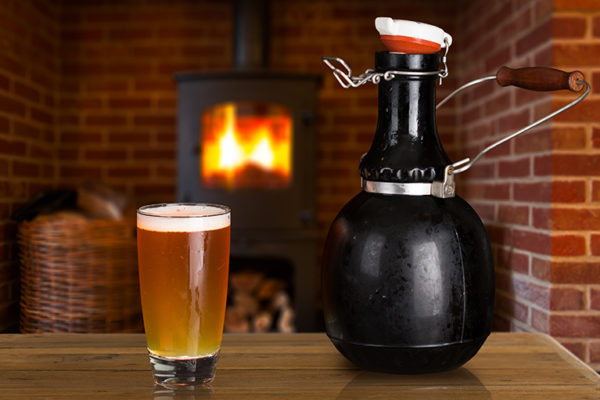The ATO has updated its excisable alcohol guidance to absorb COVID-19 circumstances in regard to takeaway beverages. This is in light of some relaxing of state and territory liquor licensing requirements to allow the sale of takeaway alcoholic beverages during COVID-19 restrictions.
The ATO says it will not take compliance action in the following alcohol repackaging circumstances that would normally require the supplier to have an excise manufacturer licence and pay excise duty:
- Where alcohol service venues repackage duty-paid kegged beer for takeaway sale in sealed containers (such as sealed containers often known as “growlers”).
- Where alcohol service venues use duty-paid alcoholic beverages to make “cocktails” for takeaway sale in sealed containers.
This applies from 23 March 2020 until 31 January 2021. Originally this arrangement only applied until 30 June 2020 but was then extended to 30 September 2020. This further extension to 31 January 2021 has been given in recognition of the ongoing and changing affects COVID-19 is having on the alcohol industry.
It applies to alcohol service venues that are allowed to sell takeaway alcohol under state and territory liquor licensing arrangements while they are subject to COVID-19 restrictions. For example, where the four-square metre rule applies or there are limits on the number of patrons allowed in an enclosed space.
The ATO states that it will review these arrangements in January 2021 to determine whether a further temporary extension is required.
A closely related measure is in regard to excise and the alcohol used to produce hand sanitiser. Hand sanitiser does not usually attract excise, as its alcohol content has typically been treated (denatured) to make it unfit for human consumption, but there are regulatory requirements, for which the ATO has devised some workarounds for manufacturers and suppliers.

